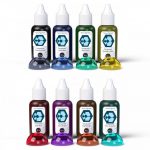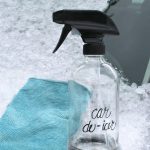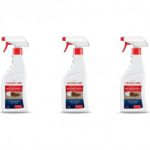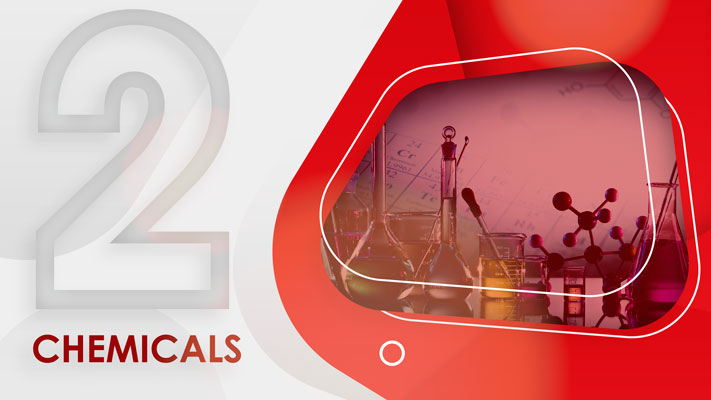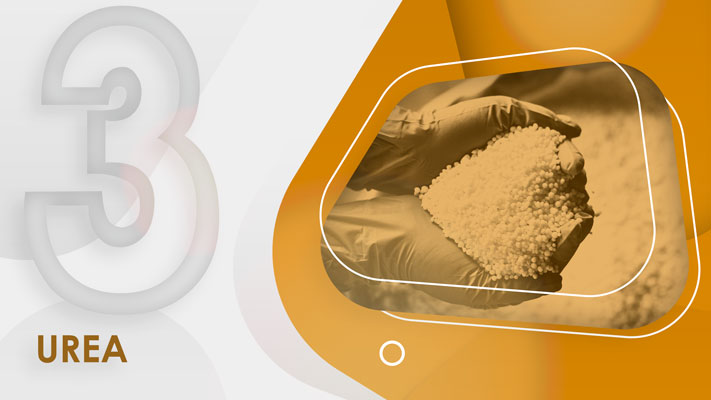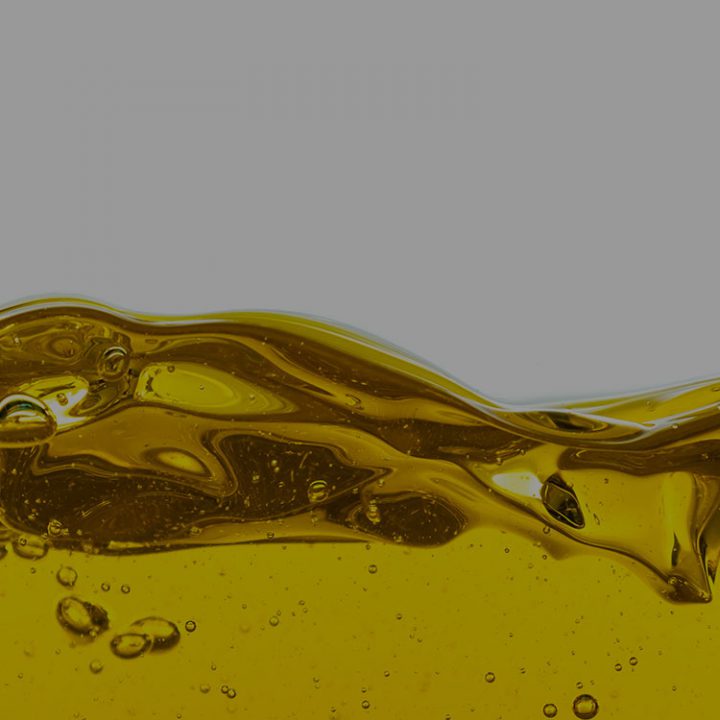OTHER CHEMICALS
NB
N-BUTANOL is a clear, mobile, neutral liquid with a characteristic odor. It is miscible with all common solvents, e.g., alcohols, ketones, aldehydes, ethers, glycols, and aromatic and aliphatic hydro carbons, but is only sparingly soluble in water.
TDS
Application areas: A large part of the N-BUTANOL produced is converted into derivatives (primarily esters) for use as solvents in the coatings industry. N-BUTANOL is an eminently suitable solvent for acid-curable lacquers and baking finishes derived from urea, melamine, or phenolic resins.
Some butyl esters of dicarboxylic acids, phthalic anhydride, and acrylic acid are established plasticizers for plastics, rubber mixes, and dispersions. The most important are dibutyl phthalate (DBP), benzyl butyl phthalate (BBP), and butyl acrylate. Dibutyl sebacate (DBS) and dibutylazelate (DBZ) are of subordinate importance. The corresponding adipate is too volatile to be a plasticizer and is therefore of no practical significance in these applications.
The applications in which normal butanol can be used are solvent for dyes, e.g. in printing inks; extractant in the production of drugs and natural substances such as antibiotics, hormones, vitamins, alkaloids and camphor; additive in polishes and cleaners, e.g.floor cleaners and stain removers; solubilizer in the textile industry, e.g. additive in spinning baths or carrier for coloring plastics; additive in deicing fluids; gasoline additive (antiicing);
mobile phase in paper and thin layer chromatography; humectant for cellulose nitrate; feedstock for the production of glycol ethers (in reactions with ethylene or propylene oxide); starting material for various butyl monocarboxylates, e.g. butyl acetate and butyl butyrate, that are widely used as solvents; feedstock for the production of flotation aids, e.g. butyl xanthate.
Storage conditions: N-BUTANOL can be stored in tanks of normal carbon steel. In this case, however, steps must be taken to exclude moisture from the atmosphere, as otherwise the product quality may be impaired (increase in moisture content; and discoloration by rust). N-BUTANOL can corrode aluminium at temperatures above 60°C. Consequently, it should never be stored, except at low temperatures, in tanks constructed from aluminium and its alloys. If severe demands are imposed on the quality of the N-BUTANOL, we recommend that it be stored in stainless steel (e.g. 18Cr 9Ni) tanks. Drums containing the product should be kept tightly closed in a well-ventilated space.
Packing: Bulk or in 220 Lit (net: 180 Kg) new drums, each 4 drums strapped on a pallet.
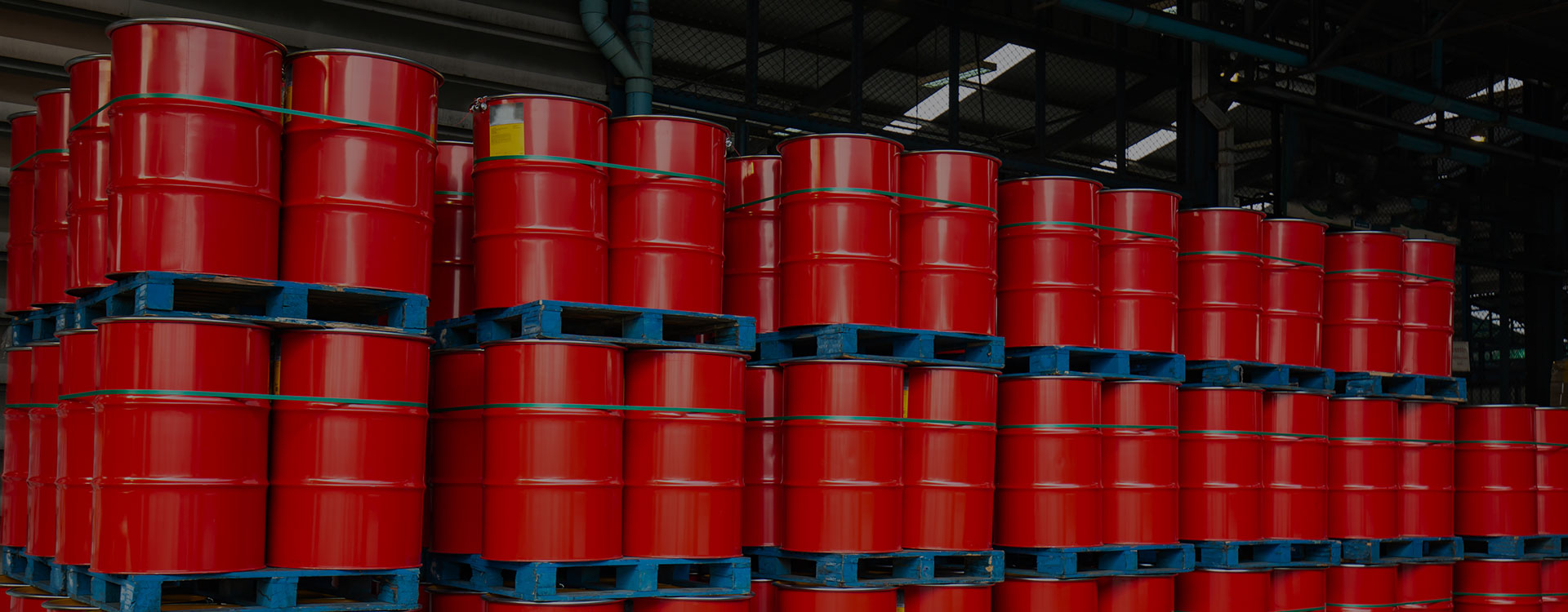
OTHER CHEMICALS
To order this product, proceed from the order registration link or contact us at the contact numbers.
FOR ORDER| PROPERTY | TEST METHOD | UNIT | VALUE |
| PURITY | ASTM D – 5008 | WT.% | 99.5 MIN. |
| COLOR | ASTM D – 1209 | APHA | 10 MAX. |
| WATER | ASTM D – 1364 | WT.% | 0.1 MAX. |
| ALDEHYDES | ASTM E-411 | WT.% | 0.05 MAX. |
| ACIDITY (AS ACETICACID) | ASTM D – 1613 | WT.% | 0.01 MAX. |
| SULPHURIC ACID COLOR | ASTM E – 852 | APHA | 25 MAX. |
| UNKNOWN | ASTM D – 5008 | WT.% | NONE |



